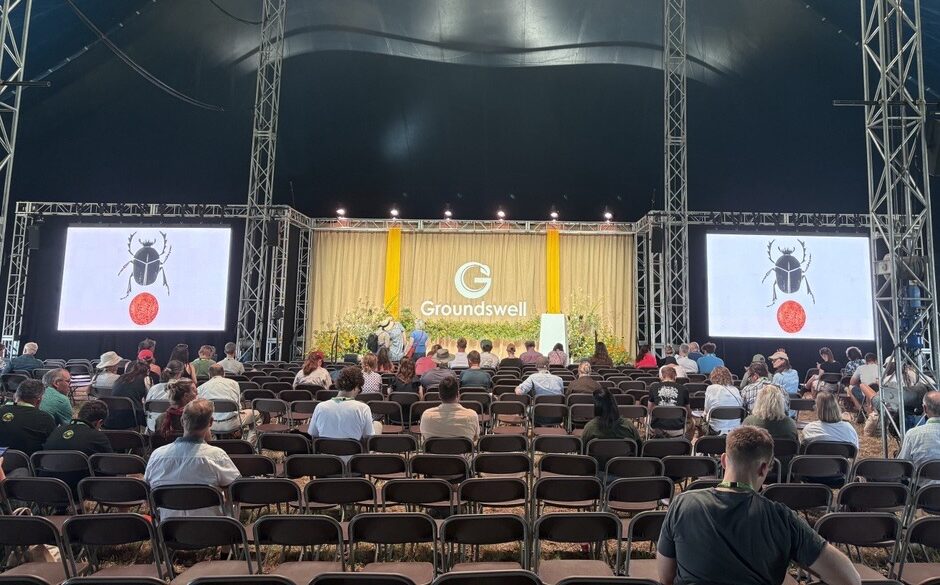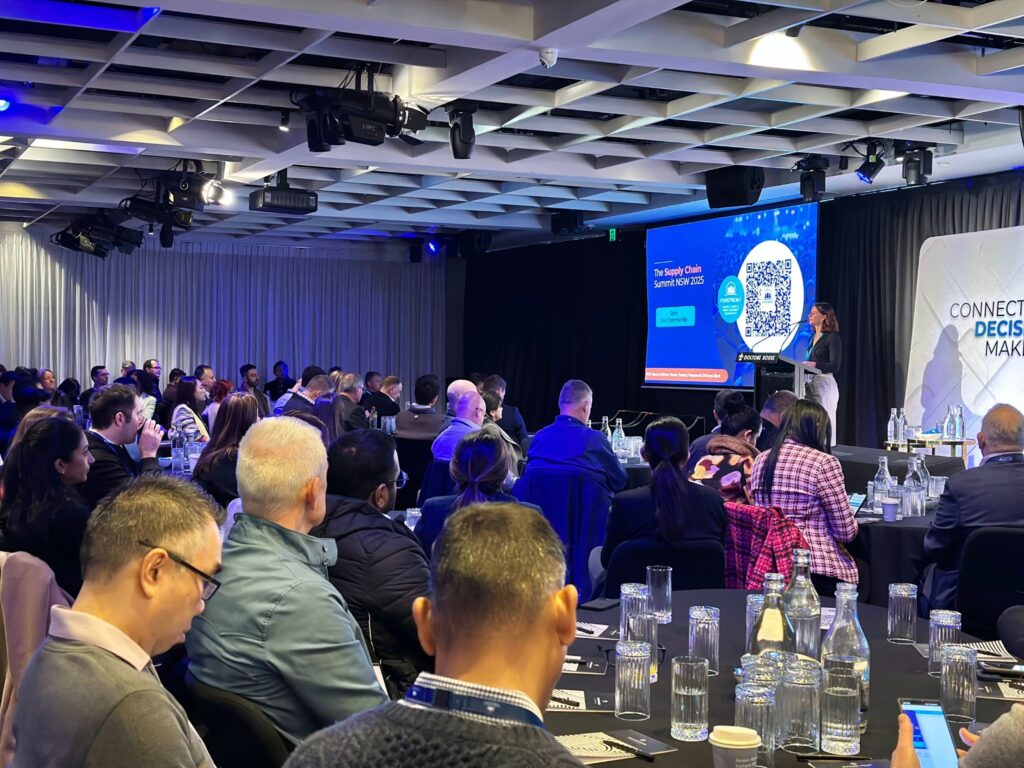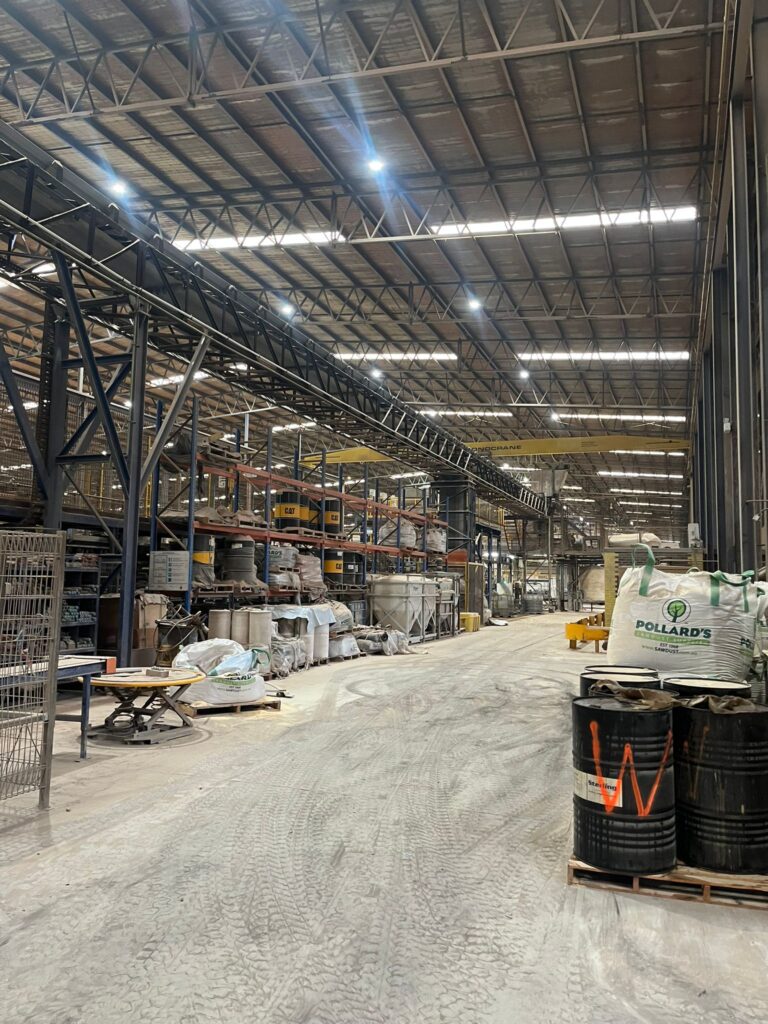“Productivity isn’t everything, but in the long run, it’s almost everything” – Paul Krugman, American economist.
This quote sums it up well, if you want to be successful in the long run, you must be productive to be competitive. To be productive you must be focused and have a culture of continuous improvement. 2023 presents us with some interesting challenges. In the face of a tight labour market, inflationary cost pressures, the desire for digital transformation and the importance of tangible ESG commitments many organisations are grappling with how to drive sustainable productivity in their operations. The last few years have proven that businesses that have focused on their people, strategically invested in technology advancements, and targeted sustainable operations have been more competitive and won market share. There are some common themes, or strategies that are being deployed by these successful organisations. Let’s explore the Top 3 we are seeing drive sustainable productivity in FMCG operations.
- Operational excellence: As mentioned above, to be productive you must be focused and have a culture of continuous improvement. This culture is all about your people and your leadership. Driving sustainable operational productivity requires an understanding of the support and training your leaders and your team need to get to best practice levels of performance. You then need to take them with you, coach, train and develop the required standards to remove waste and embed sustained practices that consistently deliver the performance efficiencies. Top performing organisations use lean methodologies to unlock and sustain operational excellence.
- Automation of tasks: Technology is both a disruptor and an enabler. Digital transformation done well creates significant advantages, done poorly and you can go backwards. It is important to recognise that it is not easy to understand and identify what technologies to invest in and when to do so – spending time up front on a digital roadmap for operations is critical to ensure alignment and engagement for the journey ahead. Again, taking your people with you is fundamental, adoption of new ways of working is the foundation to sustained change. Automation of tasks – process, data, systems, or robotics will boost your productivity, build resilience, and focus your people on more value-add customer facing activity.
- The pursuit of sustainable success: Operations is where the rubber hits the road for an organisation’s sustainability agenda. Being more productive means more efficient use resources and results in less waste – this is a positive impact on sustainability that must be managed, measured, celebrated and continuously improved. But it is more than this – operations is where goods and services are transformed and moved through physical networks and infrastructure from suppliers to customers. To make real change, you need to ‘operationalise’ sustainability. Deciding where to start requires deep operational expertise to identify how to make effective interventions, measure performance, set targets and deliver improvements through your supply chain from supplier to customer. To truly drive sustainable success, you need to measure the whole picture and prioritise levers and recognise that reducing impact is all about operations.
The best time to start the journey is now, the gains can be significant and in the face of sustained challenges, driving sustainable productivity is fundamental to remain competitive.







